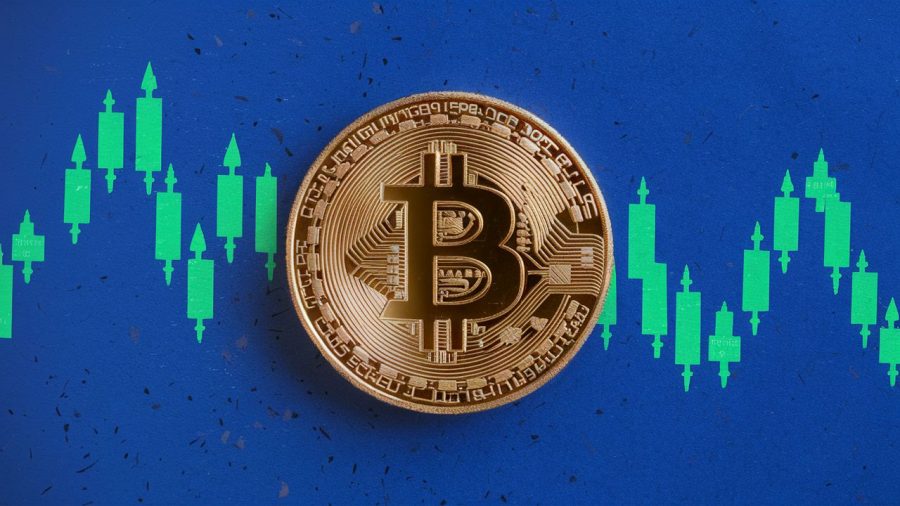Despite reaching record highs of almost $74,000 on Thursday (March 14), the price of Bitcoin (BTC) dropped by 9% early on Friday (March 15) to $66, 885.
Many cryptocurrency traders will likely sell some of their Bitcoin holdings to cash in on the substantial 175% price increase over the past year. This profit-taking will be a contributing factor to the Bitcoin drop.
City Index analyst Matt Simpson told Sky News: “Bitcoin has an established history of getting volatile and ruthless after hitting a record high. And not only did it recently hit a new high, but it looks like the Federal Reserve won’t be as dovish as traders had hoped.”
Analysts speaking to Coindesk echoed this sentiment. “The recent surge in bitcoin prices has been too fast for the market to price correctly, so the current correction is expected,” Greta Yuan, Head of Research at VDX, a Hong Kong-licensed exchange said.
What will happen when Bitcoin halves?
A further complicating factor is the upcoming Bitcoin “halving”, which happens every four years and is due in April. During the halving, the number of new Bitcoins being made available will be permanently halved. After this point, just 450 BTC a day will enter the market.
Why is this significant? First and foremost it helps maintain and control Bitcoin’s fixed supply and the digital asset’s inflation rate over time. This escalating scarcity is part of why Bitcoin is valuable, however, there’s no evidence previous Halvings have caused the price to rise, which adds to the current uncertainty.
On top of this, the United States recently approved spot Bitcoin exchange-traded funds (ETF), which have seen huge volumes of capital passing through since their launch. The largest Bitcoin ETF is run by BlackRock with $15.5 billion flowing into the fund in the two months since its launch.
“The historical trading volume of Blackrock’s Bitcoin ETF has caused some unease in the market,” said Adrian Wang, founder and CEO of Metalpha in an interview with Coindesk, “with some stakeholders fearing that Bitcoin’s price will surge too much too soon and could experience a flash crash,” Wang said.
The SEC has also delayed an important regulatory decision on whether to approve the trading of options on ETFs that invest directly in Bitcoin.
The market is uncertain and Bitcoin is historically volatile. Dips such as the one seen during Friday’s Asia trading hours are to be expected, especially amidst the anticipation of the halving.
Featured image credit: Generated with Ideagram










